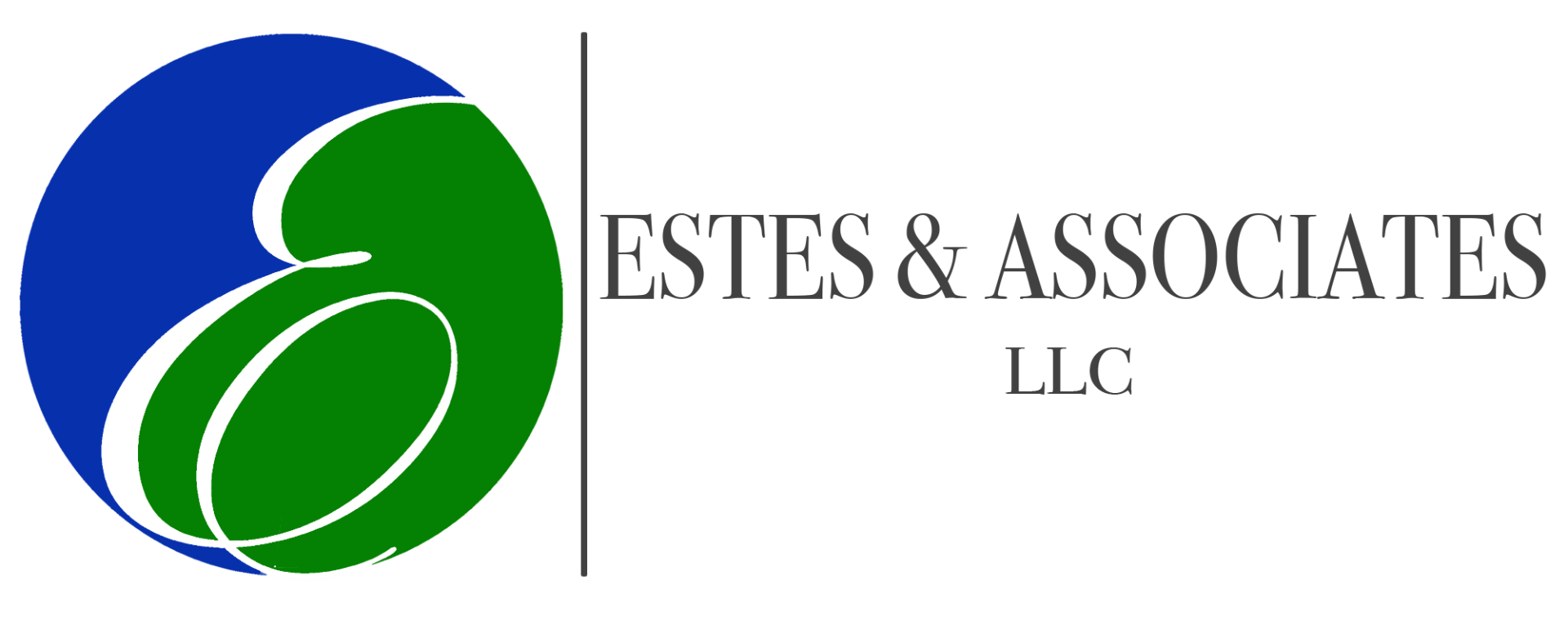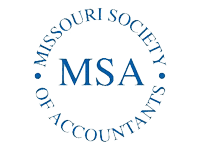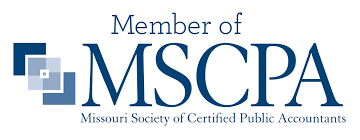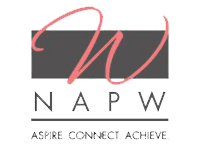Now that 2021 is more than half-way in the books, it’s time to kick your tax planning into high gear! Included in this month's newsletter are several ideas to help you reduce your tax bill.
There is also an article that provides some ideas on how to think about debt. Some of it is good, while other debt is bad. Plus, the IRS is turning up the heat on small business audits. All this and a fun article on what to expect in the future with hi-tech travel.
Please call if you would like to discuss how this information could impact your situation. If you know someone who could benefit from this newsletter, feel free to send it to them.
Ideas to Lower Your 2021 Tax Bill
Now is the time to begin tax planning for your 2021 return. Here are some ideas:
- Contribute to retirement accounts. Tally up all your 2021 contributions to retirement accounts so far, and estimate how much more you can stash away between now and December 31. So consider investing in an IRA or increase your contributions to your employer-provided retirement plans. Remember, you can reduce your 2021 taxable income by as much as $19,500 by contributing to a retirement account such as a 401(k). If you’re age 50 or older, you can reduce your taxable income by up to $26,000!
- Contribute directly to a charity. If you don't have enough qualified expenses in order to itemize your deductions, you can still donate to your favorite charity and cut your tax bill. For 2021, you can reduce your taxable income by up to $300 if you're single and $600 if you're married by donating to your favorite charity.
- Consider a donor-advised fund. With a 2021 standard deduction of $12,550 if you’re single and $25,100 if you’re married, you may not be able to claim your charitable donations as a tax deduction if the total of your annual donations is below these dollar amounts. As an alternative, consider donating multiple years-worth of contributions to a donor-advised fund if you have the available cash so you can exceed the standard deduction this year. Then make your cash contributions from the donor-advised fund to your favorite charities over the next three years.
- Increase daycare expenses. If you and/or your spouse work and have children in daycare, or have an adult that you care for, consider using a daycare so you and a spouse can both work. This is because there is a larger tax break in 2021. If you have one qualifying dependent, you can spend up to $8,000 in daycare expenses while cutting your tax bill by $4,000. If you have more than one qualifying dependent, you can spend up to $16,000 in daycare expenses while cutting your tax bill by $8,000. To receive the full tax credit, your adjusted gross income must not exceed $125,000.
- Contribute to an FSA or an HSA. Interested in paying medical and dental expenses with pre-tax dollars? Then read on...If you have a flexible spending account (FSA), you can contribute up to $2,750 in 2021. This allows you to pay for medical expenses in pre-tax dollars! Even better, unspent funds in an FSA can now be rolled from 2021 to 2022. And if you have a health savings account (HSA), you can contribute up to $3,600 if you’re single and $7,200 if you’re married. So add up all your contributions to your FSA or HSA so far in 2021 and see how much more you can contribute between now and December 31.
Please call to discuss these and other tax planning opportunities.
Good Debt vs. Bad Debt
Not all debt is created equal. Knowing the difference can change the way you look at your spending.
Good debt adds value
Good debt often leads to financial growth, because the product or service being purchased adds more value than the debt that comes with it. Student loans are usually an example of good debt because the related education allows you to earn more income.
Some purchases result in value more directly. Taking on a mortgage, for example, can be valuable simply by giving you access to a place to live all while building equity. Additionally, a mortgage is often considered good debt because your property can be used as collateral for other debt once you’ve made some payments on it, or your home has gained in market value. Even better, good debt often comes with a tax deduction on the interest you pay on things like your mortgage or student loans.
Bad debt adds expense
Credit card debt is almost always bad debt. Not only are interest rates on credit cards higher than most other types of debt, but most purchases made with credit cards are for things that do not contribute to personal financial growth. In fact, interest expense is so high that credit card companies are now legally required to display the cost of this debt directly on their billing statements. Auto loans are another example of bad debt, because cars usually lose value quickly, often leaving more money owed on the debt than the car is worth! But even good debt can turn bad if there is too much of it. Take out too large a mortgage and you may struggle to make payments!
Debt always means higher cost
Debt's big benefit is allowing you to pay for something over time. The cost of any purchase using debt MUST include the interest expense of taking on that debt. You can compare that with the option of saving up money and then making the purchase without interest. Is the extra interest worth the benefit? Comparing the cost of the purchase with interest, to the value you stand to gain by purchasing the asset, can help you determine whether using debt is a good or bad choice for you.
Final thoughts
Here are some ideas on how to manage good versus bad debt.
- Consider carefully what you can afford and make a plan for how you will pay off any debts before you take on the debt.
- Never carry a balance on a credit card unless it is an emergency. Pay the balance in full every month.
- Calculate the entire cost, including interest, of anything you purchase using debt. This is the REAL cost of an item.
- Use savings, whenever possible, to purchase goods and services that would otherwise be considered bad debt.
- Pay off high interest debt first.
- Financial growth is often the key measure for defining good versus bad debt, but not always. Other factors, like personal interest, growth, and well-being can also be measures for your debt decisions, as long as you can truly afford the payments
Reach out for help if you aren’t confident whether a potential debt will lead to more good or harm. Making the right choice could save you money.
Hi-Tech Travel - Just Around the Corner
Living in the information age, we are accustomed to new and innovative tools that change the way we live. We can control everything in our homes with our voice. We can talk face-to-face, albeit digitally, with anyone, anywhere in the world. We even carry supercomputers with all knowledge known to man in our pockets.
As we celebrate summer vacations, why not explore some hi-tech travel changes that could be coming over the next few years. Enjoy!
- You might be trading in your vehicle for a self-driving car subscription. Autonomous cars have been around for a few years now. You can grab a self-driving Lyft in Las Vegas or utilize Telsa’s autopilot software to allow your car to accelerate, steer and brake on its own while staying in its lane. While they’re out there, autonomous cars are still considered somewhat of a novelty. According to intellectual property company GreyB, every car manufacturer is working to change that.
At some point soon, self-driving cars will be commonplace. And some time after that, they will be the standard. Once that happens, rideshare programs will offer subscriptions that guarantee a car will pick you up and get you where you need to be. Instead of buying and maintaining a vehicle, all you’ll need is an app and a credit card to get around town.
- Magnets and a large vacuum might be the preference over airplane travel. From the beginning of time, the force of friction has been the biggest puzzle to solve in order to move something from point A to point B. Enter the Hyperloop. Originally diagrammed by Tesla and SpaceX CEO Elon Musk, the idea is to build a pod in a tube that eliminates ground friction with the use of magnets and reduces air resistance by creating a vacuum.
The result? Ground travel at 700 miles per hour with very low operating costs. It could get someone from San Francisco to Los Angeles (380 miles) in 30 to 35 minutes for about $20 according to Discover Magazine! The first test drive involving passengers was successful at the end of 2020. The hope is the first one will be fully operational within the next five years.
- More hospitality services will be performed by robots. In many hotels around the world, everything from front desk support and luggage assistance to room cleaning is being handled by artificial intelligence. In China, you can check into FlyZoo hotels with facial recognition, according to CNBC. In San Jose, you can order snacks or blankets to be delivered by a robot right to your room. In New York, a Yobot will collect your things and deliver it to your room when you check in. Hotels that utilize this technology are considered early adopters, but it won’t be long before it’s mainstream.
Like all new technology, there are kinks to work out and new problems to solve, but one thing is certain - big changes are right around the corner!
Small Business IRS Audit Mistakes
In late 2020, the IRS announced that it will increase tax audits of small businesses by 50 percent in 2021. Here are several mistakes to avoid if you do get audited by Uncle Sam.
- Mistake: Missing income. A long history of investigating has led IRS auditors to focus on under-reported income. If you’re a business that handles cash, expect greater scrutiny from the IRS. The same is true if you generate miscellaneous income that’s reported to the IRS on 1099 forms. Be proactive by tracking and documenting all income from whatever source. Invoices, sales receipts, profit and loss statements, bank records—all can be used to substantiate income amounts.
- Mistake: Higher than normal business losses. Some small businesses struggle in the early years before becoming profitable. If your company’s bottom line never improves, the IRS may view your enterprise as a hobby and subsequently disallow certain deductions. As a general rule, you must earn a profit in three of the past five years to be considered a legitimate business.
- Mistake: Deductions lacking substantiation. Do you really use your home office exclusively for business? Does your company earn only $50,000 a year but claim charitable donations of $10,000? Do you write off auto expenses for your only car? The key to satisfying auditors is having clear and unequivocal documentation. They want source documents such as mileage logs that match the amount claimed on your tax return and clearly show a business purpose. If you can’t locate a specific record, look for alternative ways to support your tax return filings. In some cases, a vendor or landlord might have copies of pertinent records.
- Mistake: No expense reports. If you use your credit card for business, create an expense report with account numbers and attach it to each statement. Then attach copies of the bills that support the charges. This is an easy place to blend in personal expenses with business expenses and auditors know it.
- Mistake: No separate books, bank accounts or statements. Never run personal expenses through business accounts and vise versa. Have separate bank accounts and credit cards. A sure sign of asking for trouble is not keeping the business separate from personal accounts and activities.
- Mistake: Treat the auditor as an enemy. Auditors have a job to do, and it’s in your best interest to make their task as painless as possible. Try to maintain an attitude of professional courtesy. If you’re called to their office, show up on time and dress professionally. If they come to your place of business, instruct staff to answer questions honestly and completely.
Please call if you either need help preparing for an upcoming IRS audit or would like to know how to audit-proof your financial records.

